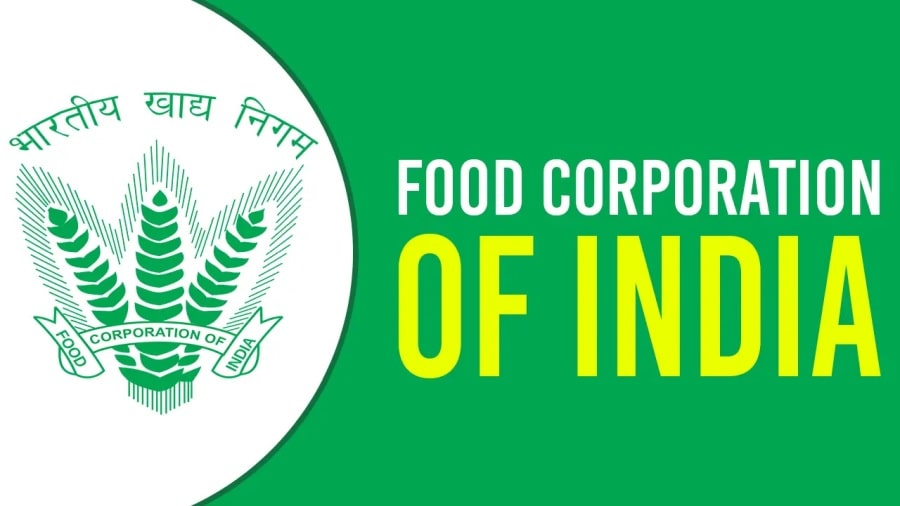

In a landmark decision aimed at bolstering the agricultural sector and ensuring the welfare of farmers nationwide, the Government of India (GoI) has announced an increase in the authorized capital of the Food Corporation of India (FCI) from Rs 10,000 Crore to Rs 21,000 Crore. This strategic move shows the government's steadfast commitment to supporting farmers and fortifying India's agrarian economy.
FCI, as the pillar of India's food security architecture, plays a pivotal role in various crucial functions, including the procurement of food grains at Minimum Support Price (MSP), maintenance of strategic food grain stocks, distribution to state governments and Union Territories (UTs), and stabilization of food grain prices in the market.
The increase in authorized capital is a significant step towards enhancing the operational capabilities of FCI in fulfilling its mandate effectively. To match the gap of fund requirement FCI resorts to Cash Credit, Short Term Loan, Ways & Means etc. Increase of Authorised capital and further infusion will reduce the interest burden, reducing the economic cost and ultimately affecting the subsidy of GOI positively. With this infusion of capital, FCI shall also embark upon modernizing its storage facilities, improving transportation networks, and adopting advanced technologies. These measures are essential not only for reducing post-harvest losses but also for ensuring efficient distribution of food grains to consumers.
GoI provides equity to FCI for working capital requirement and for creation of capital assets. FCI is undertaking a comprehensive initiative to create an Integrated IT system, leveraging existing internal systems (FAP, HRMS) and external systems (State procurement portals, CWC/SWC). The E-office implementation has already made FCI a less paper organization. These initiatives of integrated IT solutions serving as the core operational software for FCI, shall provide a single source of information and streamline functions with a common digital backbone.
As a part of enhancing its efficiency, FCI is diligently executing tasks such as cement roads, roof maintenance, illumination, and weighbridge upgrades, enhancing food security. Purchase of lab equipment and the development of a software platforms for QC labs aim to improve quality checking. Studies on “Out-Turn Ratio”, “Shelf-Life”, and “Pest Management for Fortified Rice” complement FCI's commitment to building an efficient and food security management system. The integration of automated digital equipment further aligns with FCI's objectives, aiming to remove human intervention for a transparent procurement mechanism and enhance infrastructure for employees, saving on rent and creating assets for FCI.
The government's dual commitment to MSP-based procurement and investment in FCI's operational capabilities signifies a collaborative effort towards empowering farmers, fortifying the agricultural sector, and ensuring food security for the nation. As these measures take root, India anticipates a more resilient and prosperous future for its agricultural sector, with farmers at its heart.
The Government of India, recognizing the critical role of FCI in maintaining food security, periodically specifies the strategic level of food grain stocks to be maintained by FCI and designated central pool (DCP) states. FCI diligently adheres to these norms to address any adverse situations that may arise in the future, ensuring the nation's resilience to food-related challenges.